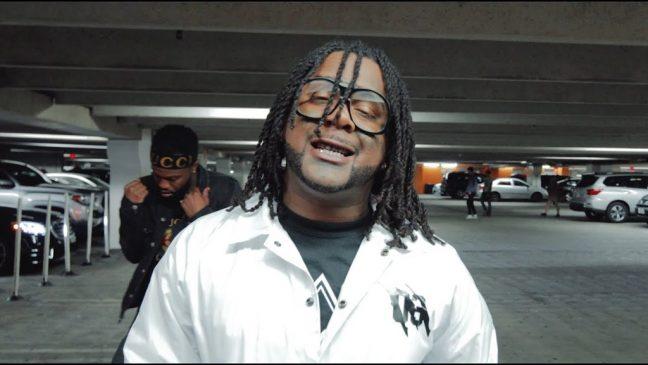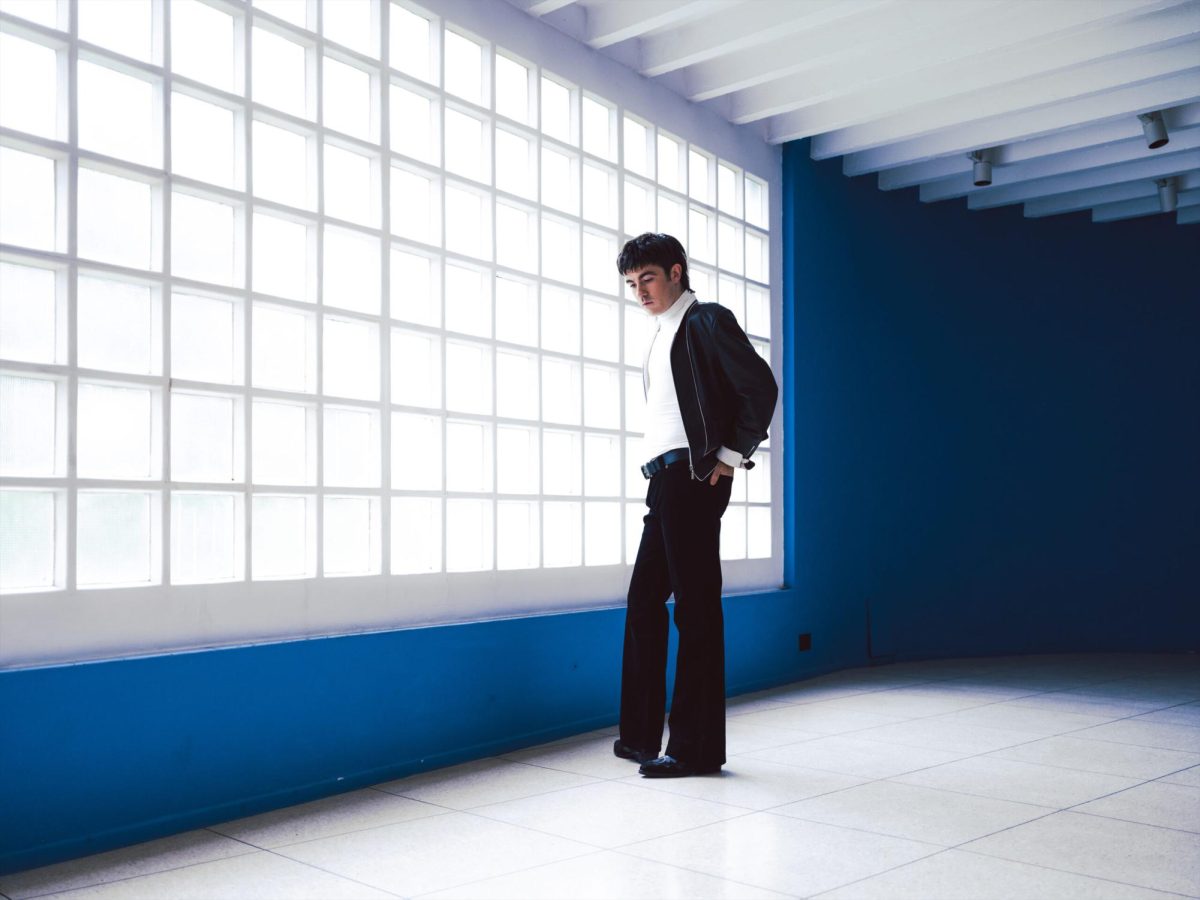Does anyone remember “The Sorcerer’s Apprentice?”
It’s one of the shorts from Walt Disney’s original “Fantasia,” and subsequent remake, where Mickey Mouse as a wizard-in-training takes his master’s wand for a joy-ride. Harmoniously synced to the cinematic classical music of composer Paul Dukas, he accidentally brings a legion of brooms to life.
It’s a weird comparison, but on Isaiah Rashad’s new album, The Sun’s Tirade, he does something similar — he brings his songs to life with a magical vitality comprised of several factors in a way that feels almost haphazard.
What immediately jumps out from any of the Chattanooga emcee’s tracks is his unique vocals. Not his lyrics — though those are immense in their own right — but the unique tonal quality of Rashad’s rapping.
On latest album, Chance the Rapper shares love of life, pursuit of happiness with listeners
On his tracks, he’s definitely rapping, but there’s a singing quality as well. His words have a way of tying into one another, the way a singer would hold a note, while still being clearly annunciated. It’s a quality he shares with Frank Ocean, though Ocean lands more on the singing side of the spectrum.
In addition, Rashad can project emotion through his voice in his studio recordings in a way many rappers can only accomplish in a live setting. Pay attention to the hook of “Free Lunch” when he says “MEAL Ticket // Get your MEAL ticket.” This annunciation gives his words a character of their own, as if he’s saying them directly to the listener.
Rashad’s songs bleed into the real world. But his vocals are not confined to only rapping. Adding on to the vital quality of the album is the way the songs are comprised. Each track on the album is messy, not the way a Witte den looks on Sunday morning, but like a Jackson Pollack painting. It’s hard to know when parts of songs end and others begin.
In fact, if one continued to listen after the album, letting it queue into his 2014 project, Cilvia Demo, it’d be hard to tell where one album ended and the other began. It’s difficult to know whether Rashad does this on purpose, accidentally or if he simply has an innate faculty for it.
And sure, there are some parts that could use a little more polish, but what organic form isn’t without a few flaws?
The best analogy to describe The Sun’s Tirade is probably the origin of life itself. At the bottom of the ocean billions of years ago, some mixture of chemicals got zapped by electrical currents from geothermal vents and started dividing.
It’s the same way with Rashad’s music — though seemingly created haphazardly, his music requires a precise list of random ingredients and occurrences that, when combined, form something beautiful and with purpose.




















